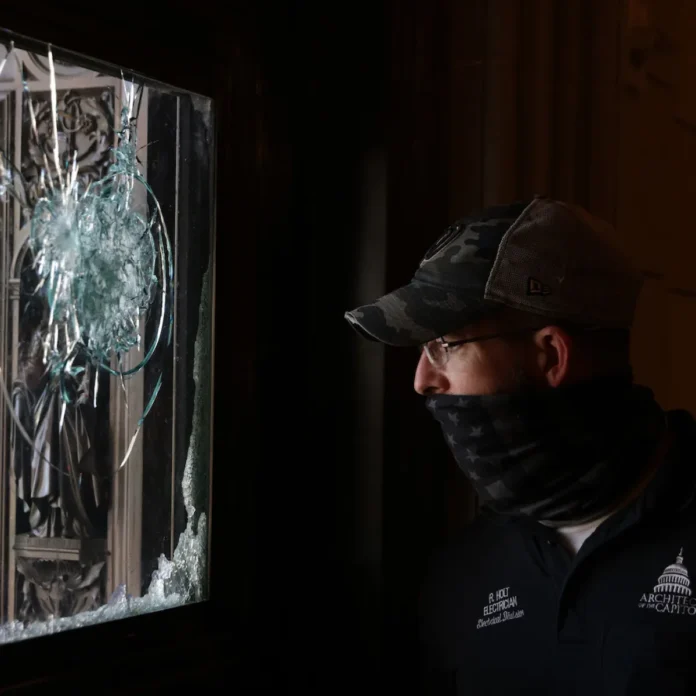Author: Daniel Trombly
Affiliation: George Washington University
Organization/Publisher: Foreign Policy
Date/Place: January 15, 2021/USA
Type of Literature: Argument
Word Count: 1476
Keywords: USA, Terrorism, Far Right, US Capitol
Brief:
Daniel Trombly, an academic focused on far-right movements and political violence, explains that the storming of the US Capitol on January 6th posed a “dramatic threat” to democracy. Trombly states that the failed coup was dangerous, but that the mob was unable to reach its goal of overturning the US election due to lack of organization and the exercise of “low-intensity violence”. However, if the US far-right would have been more organized and disciplined, he assures that a movement could have emerged out of the violent actors to pursue their failed coup attempt. Trombly further compares the storming of the Capitol with protests in Europe and the 2011 coup in Egypt, and claims that in the former case, the demonstrators were unwilling to engage in gun battles to avoid to “take it to the next level”. Further, he states that most far-rightists lack the “skills necessary to successfully challenge the state”, including being incautious by making themselves easily identifiable. It is because of successful government authorities, who so far have been able to prevent highly organized lethal far-right groups, that the far-right violence in the US remains mainly mass shootings conducted by “lone wolves”. However, due to individual attacks, it is hard for the state to detect far-right communities and subcultures. The author concludes by stating that the far-right movement “cannot be reduced to a criminal or national security problem” and that it is a political challenge like all other movements. He adds that the challenge from January 6th shows that even a disorganized coup can shock the political system of the country.
By: Dilek Yücel, CIGA Senior Research Associate




